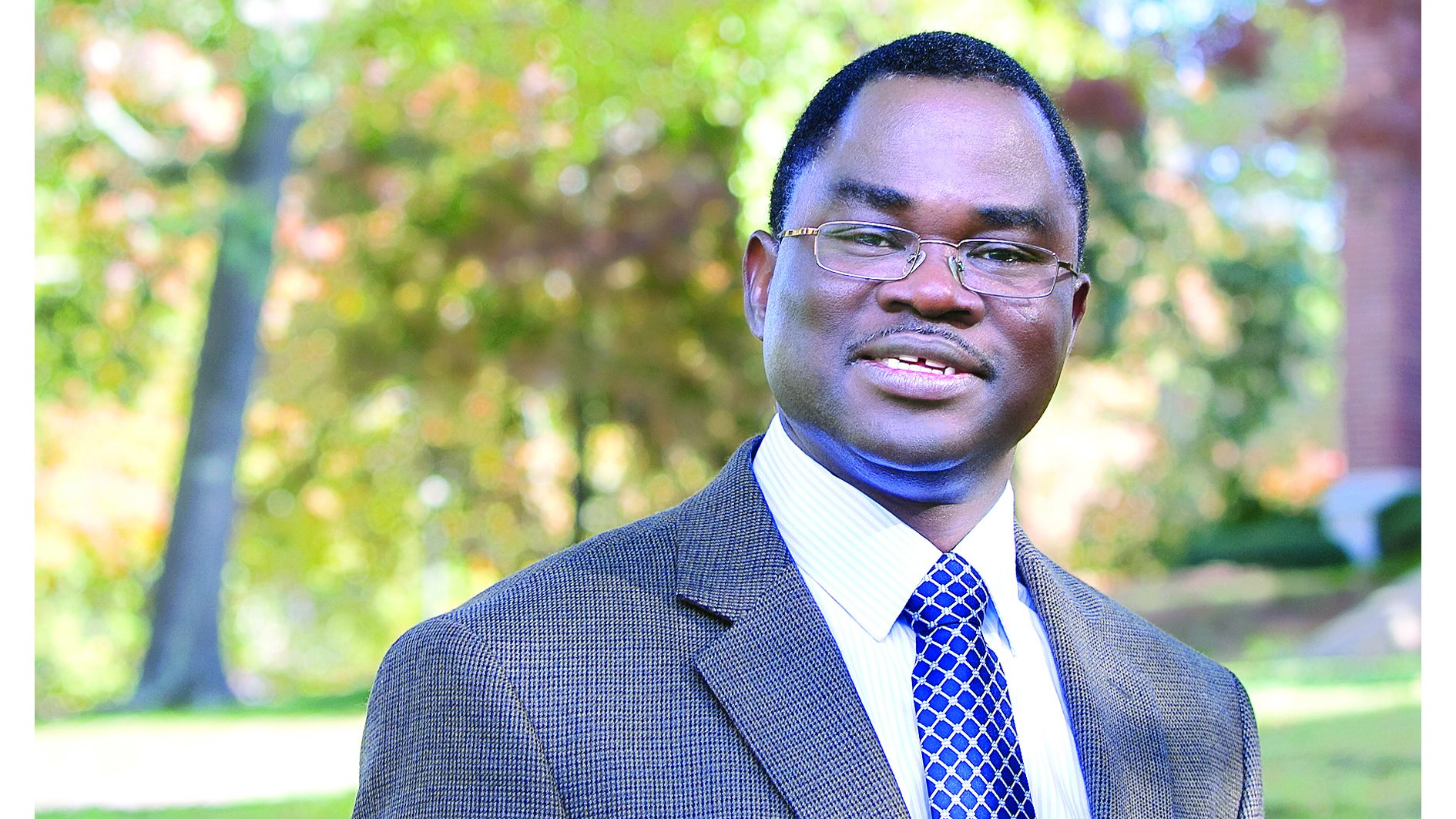
01 Oct Jihadi Islam: a further response to John Azumah
John Azumah has taken yet another bite of the apple by releasing a third response to my Lapido Media article “‘Three Choices’ and the bitter harvest of denial”. This is an earlier response, now re-issued, in edited form, with Fulcrum (for his previous comments, both reported on Lapido Media, see here and here).I can refer readers to my previous rejoinder to Azumah: “Complexity, Truth and the Islamic State: a response to John Azumah and Colin Chapman.” In respect of Azumah’s new material for Fulcrum I make the following observations:I did not say that the conditions of the dhimma “always” applied to Christians living under Islamic rule. My point was subtly different, namely that coexistence after Islamic conquest was “always regulated by the conditions of the dhimma”. By this I did not mean to imply that dhimma laws were consistently or uniformly applied to Christians at all times and in all places: my point was that the dhimma conditions and worldview profoundly framed and shaped the patterns of coexistence of Muslims and their conquered subjects.
John Azumah emphasizes that groups like the Islamic State, Al-Qa’ida and Boko Haram trace their theology to the Hanbali madhab (Sunni school of law), which, he points out, is followed by only a minority of Muslims today. He insinuates that other schools – representing the majority of Muslims – have different rules concerning jihad and the treatment of conquered non-Muslim subjects.
This is misleading on several counts.
Although it is true that Hanbali jurist Ibn Taymiyya has been influential among Salafi groups, his student Ibn Kathir, who has been almost as influential, was Shafa’i. Terrorists today follow all four of the main madhabs: Al-Shabab are Shafa’i, the Afghan Taliban were Hanafi, and Gadhafi, a long-term sponsor of terrorism, governed according to Maliki jurisprudence. In any case the rules for the treatment of non-Muslims during and after conquest are essentially the same in all four schools: for example it is permissible to kill male captives of war in all the schools of Sunni jurisprudence.
I would be intrigued to discover whether Azumah can provide even a single illustration of how the actions of terrorist groups follow Hanbali jurisprudence in contrast to the teachings of the other three schools.
[It is worth noting of the four schools, Hanbalis are particularly emphatic in their rejection of rebellion. This is because the school’s founder, Ahmad Ibn Hanbal was the last of the founders of Sunni schools of jurisprudence, and he had seen more of the damage to the Muslim community caused by rebellion. Hanbal himself preferred to suffer arrest and abuse by the ruler of this day to rebellion. Today the Hanbali state of Saudi Arabia is particularly harsh in their treatment of jihadi rebels.]
Let me be perfectly clear: I am not saying that the Islamic State’s ideology is the only interpretation of Islam, nor that it is the ‘correct’ one. What I am saying is that it is a reasoned interpretation. And that is a problem which needs to be understood.
John Azumah’s argument is presented at a very abstract level. Just to take one example, he does not offer any evidence that the sale of captive women in jihad – as the Islamic State is doing – is against the precedents set by Muhammad, or against the rules of jihad in any of the schools of Islamic jurisprudence. I submit that he does not because he cannot. Such practices are not “eccentric” as he puts it, but they have been widely applied in historical jihad campaigns. Of course Muslims are not the only ones who have done such things, but the point is that such formerly mainstream Islamic warfare practices as selling slaves or beheading captives have been re-emerging for religious reasons: this is something the Islamic State’s ideologues have been quite clear about.
John Azumah’s solution is to argue that such groups do not have a true understanding of Islam as it has existed historically, and the correct response to jihadi terrorism is to inform Muslims of the correct understanding of their religion. This is patronising.
Finally, John Azumah seems to consider that as a ‘good protestant’ I must be some kind of fundamentalist, and consequently I interpret Islam through that prism. I have already rejected and refuted this simplistic view (see here).
And yes, I do insist that Islam is a problem – not the only problem in the world, but a problem all the same – and that is something worth talking about.
Mark Durie is the founding director of the Institute for Spiritual Awareness, a Fellow at the Middle East Forum, and a Senior Research Fellow of the Arthur Jeffery Centre for the Study of Islam at Melbourne School of Theology.



No Comments